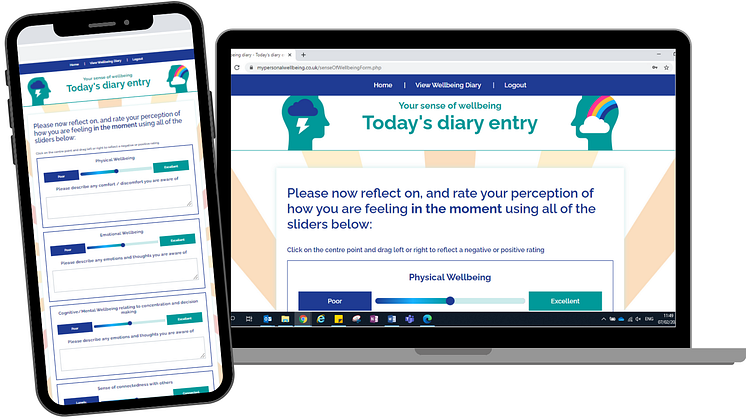Lockdown isolation disrupted thoughts about the future and others
People spent less time planning for the future and thinking of others during the first UK lockdown, a new study suggests.
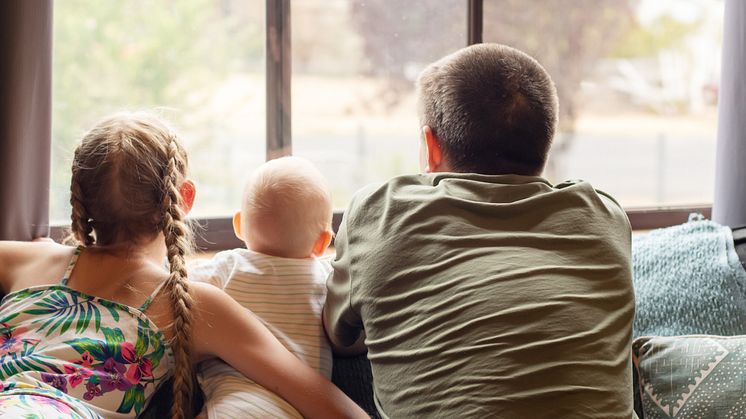
People spent less time planning for the future and thinking of others during the first UK lockdown, a new study suggests.

Recent in-depth qualitative research from a team of altered eating and altered smell specialists documents the impact of persistent alterations to taste and smell following Covid-19 infection. Writing for The Conversation, Professor Vincent Deary of Northumbria University, and Dr Duika Burges Watson of Newcastle University, discuss the team's findings, highlighting how Covid smell loss can have

Academics at Northumbria University will continue to be part of a prestigious collaboration bringing together England’s leading public health research expertise.
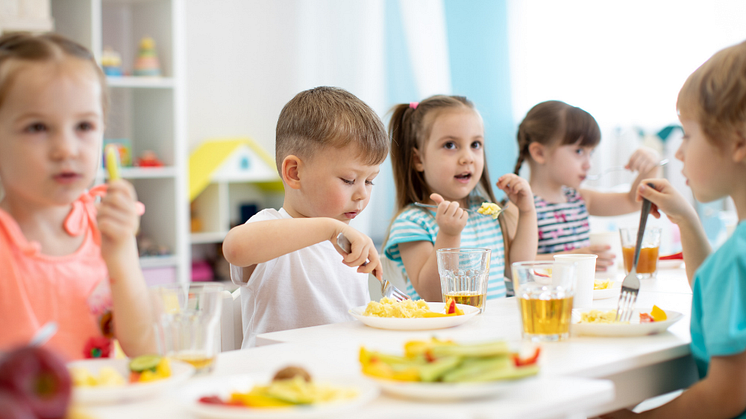
Empowering young people to help shape the future of health and wellbeing services by equipping them with their own research skills, is the focus of a project supported by Northumbria University academics.
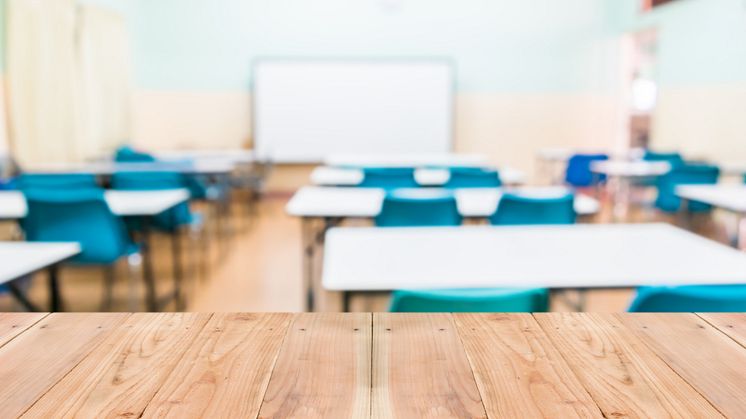
As the new Premier League season kicks off with crowds of fans cheering on their teams, new research has revealed the hugely negative effect of playing professional football games in empty stadiums last season, with home advantage almost halved.
Graphic Design students from Northumbria University have teamed up with Sporting Chance to help promote the emotional and mental health support provided to athletes by the charity.
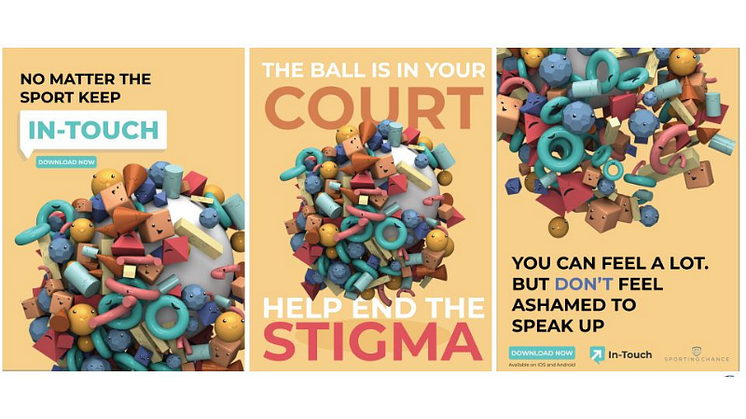
Northumbria University is set to develop new methods for detecting Covid-19 ‘Variants of Concern’ and identifying potential ‘Variants of Interest’ following new funding from the national genome sequencing consortium, COG-UK.
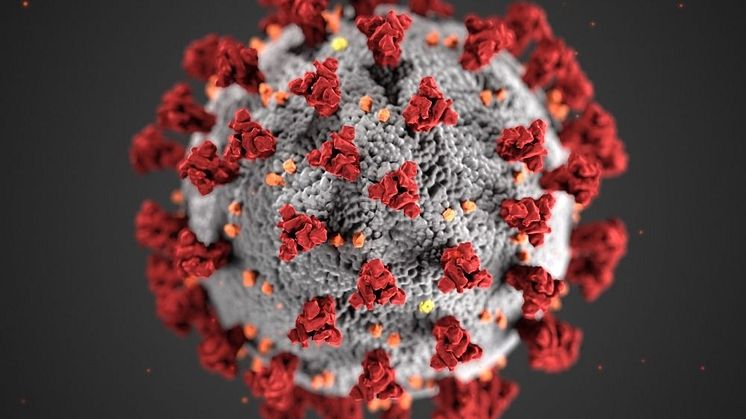
Academics from Northumbria University, Newcastle, have published a research paper explaining why parkruns are so popular, particularly among those in managerial and professional positions.
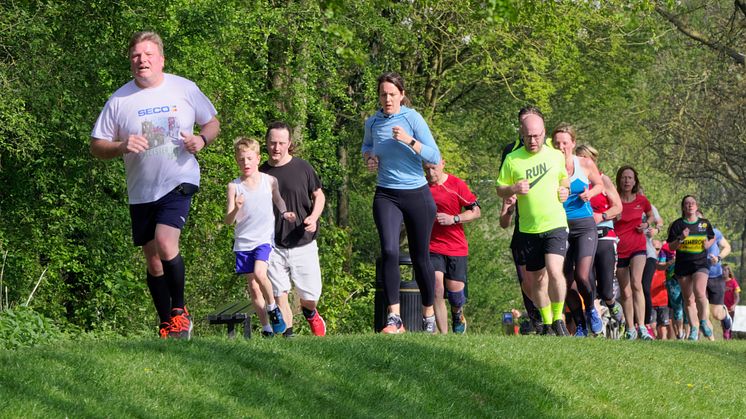
Academics at Northumbria University, Newcastle, are evaluating Rapid Response Services to improve end-of-life care in new research funded by Marie Curie.
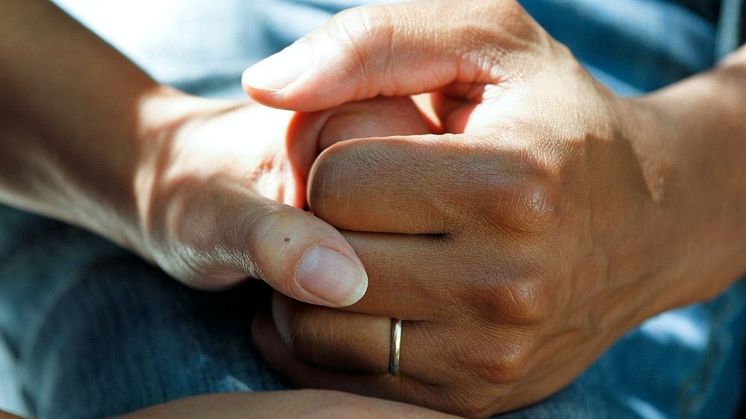
A globally influential charity which works to promote the benefits of workforce professional development has welcomed a Northumbria University academic to its national board.
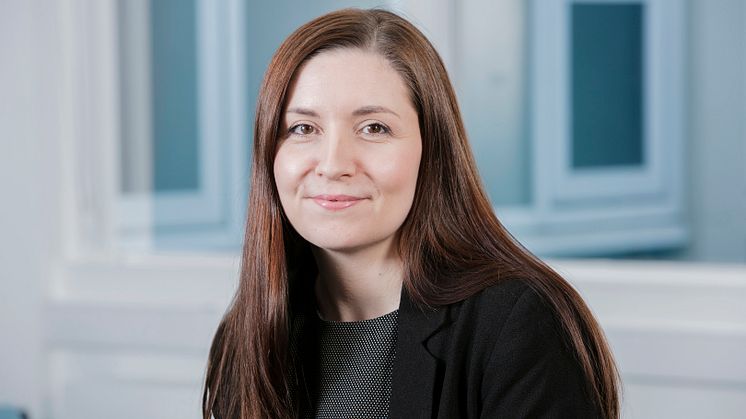
Academics at Northumbria University, Newcastle, and the University of Highlands and Islands, Scotland, are investigating Psychological First Aid training as a tool to support care workers’ wellbeing amid the Covid-19 pandemic.
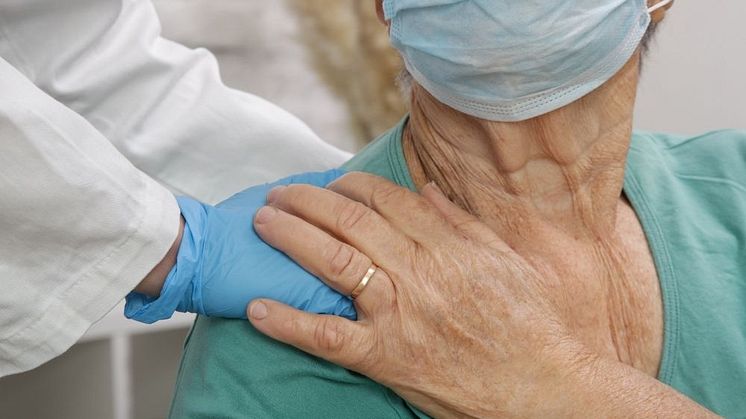
Northumbria University health and cyber psychologist Dr Dawn Branley-Bell has been awarded a Medical Research Foundation Fellowship – one of four projects supported by £1.1 million of new funding to tackle eating disorders and self-harm.
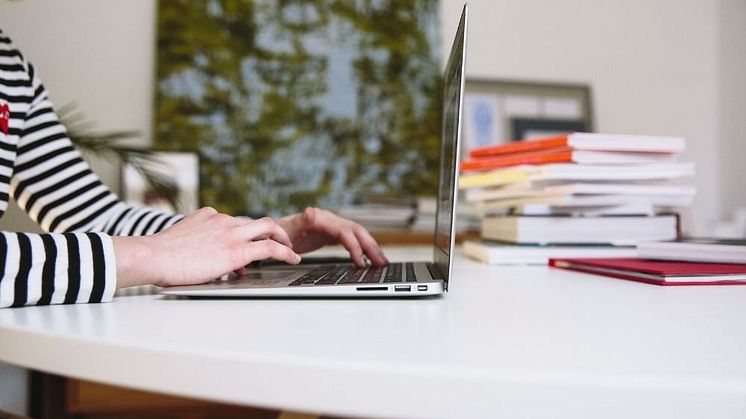
Professor Renata Gomes, Chief Scientific Officer at Blind Veterans UK and newly appointed Visiting Professor at Northumbria University, is to deliver a virtual public lecture on Blind Veterans UK’s research - sharing knowledge for the benefit of wider humanity.
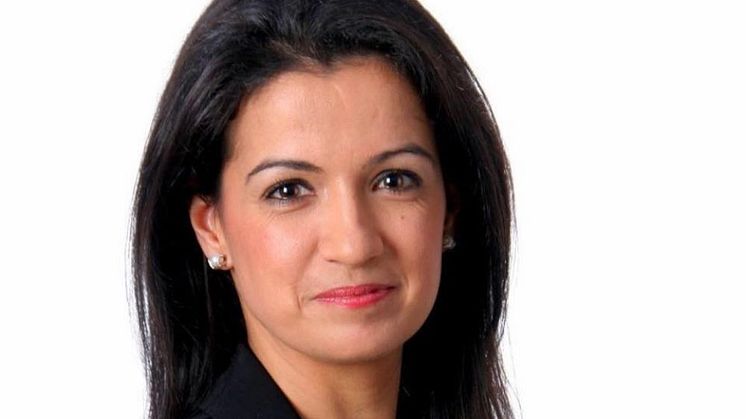
Academics from Northumbria University, Newcastle, have developed public health messaging materials with a difference to overcome communication challenges in Guatemala.

Researchers from Northumbria University in Newcastle, and Bogazici University in Turkey, have discovered a new way of examining the structure and dynamics of single protein molecules within the human body – which could help scientists better understand the progression and possible treatment of diseases such as cancer.
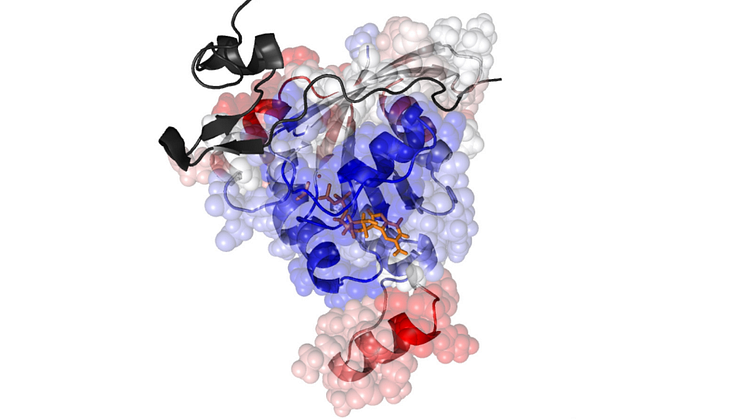
Over the last year, academics from Northumbria University have been working with partners in the Covid-19 Genomics UK (COG-UK) Consortium to map how COVID-19 spreads and evolves.
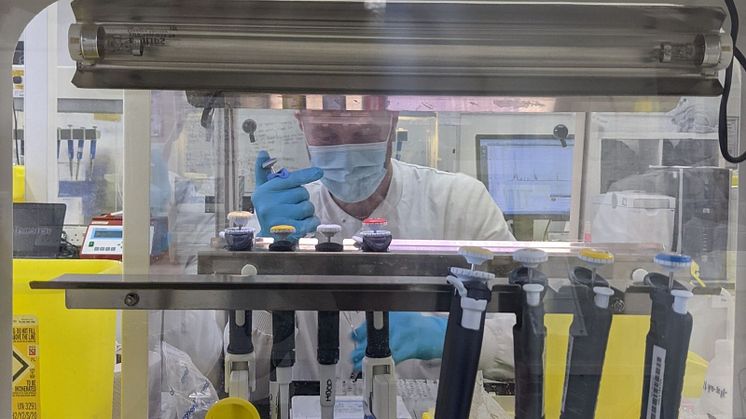
Scientists at Northumbria University have worked with the institution’s Research and Innovation Services to launch a medtech spinout company whose lead product for collecting breath samples could revolutionise diagnosis of a range of diseases, including Covid-19.
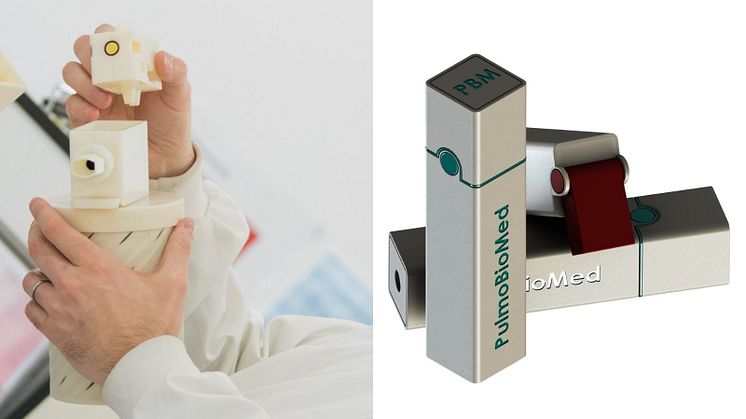
In an article written for The Conversation, Dr Dawn Branley-Bell, Chartered Psychologist and Research Fellow in Psychology at Northumbria University, shares some tips of what we can do to look after ourselves if we feel overwhelmed or 'triggered' by news stories.
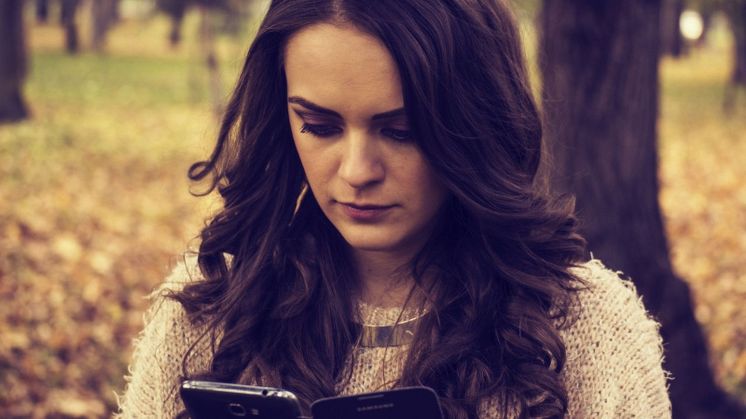
Playing with ultra-thin dolls could make young girls want a thinner body, according to new research published today (11 March 2021).

A new online diary has been developed to help health and care staff monitor changes in their wellbeing during the pandemic and signposts where individuals can access help when it is needed.
